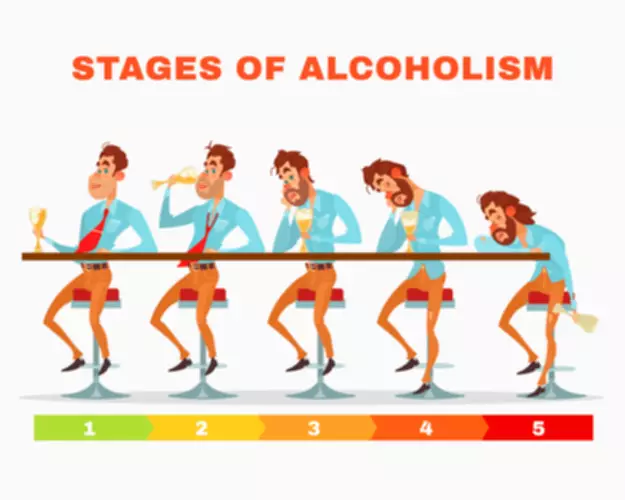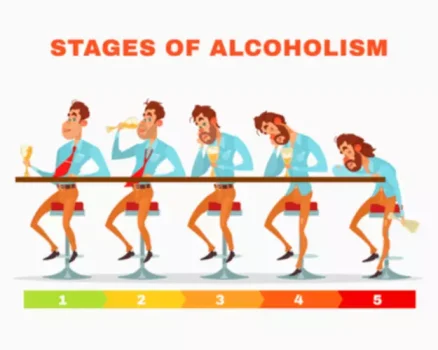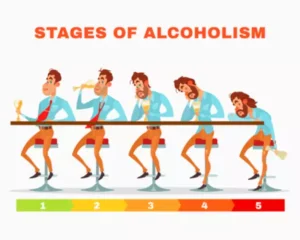Sober living
Omaha organization is helping one man’s recovery

As with most worthwhile efforts, you will be more effective if you are better informed. Seek out reputable mental health resources to learn more about the individual’s specific issues and ways to promote recovery. No matter the level of support you intend to provide for your loved one, it’s important to discuss with them what that support will look like. Make sure whatever care you plan to provide is in line with your loved one’s aftercare program and individual goals. By establishing the fact that you respect and honor their ambitions and purpose, your loved one will be more apt to accept your help and respect your advice. While relapse is often a part of recovery, swift action is paramount for helping your loved one get back on track in the event of relapse.

Support Our Farmers
- The main factors that determine which rehab options will be best for you are the severity of your addiction and your unique personal and financial situation.
- This support is helpful and healthy, but it’s important to let them know you will only be supporting their recovery efforts – nothing else.
- “Help” can mean many different things, from providing a listening ear or a shoulder to cry on to specific tasks, such as giving reminders to take medication or providing a ride to the doctor.
- Staying connected to treatment resources—such as support group meetings, therapy sessions, or outpatient programs—is vital for long-term recovery.
- While the number of homeless people fluctuated by a large amount between 2012 and 2016, it was higher in 2016 than in any other year except the large spike in 2013.
Instead, focus on offering support that encourages accountability and promotes positive change. Understanding these stages can help you anticipate your loved one’s needs and provide appropriate support at each phase of their recovery journey. The best feature of these treatment options is that your loved one does not have to settle for just one choice. Many addiction treatments can occur simultaneously, so your loved one can attend professional addiction treatment and in-person support groups while utilizing online support options as well. Setting boundaries is essential for your well-being and that of your loved one. Boundaries help define what you are comfortable with and protect you from being overwhelmed or enabling unhealthy behaviors.

Ways to Help When Loving Someone With an Addiction

People in recovery are often dealing with feelings of guilt and shame related to how they treated others while they were actively abusing drugs or alcohol. When your loved one comes home from a treatment program, they must enter a welcoming, positive environment. It’s best to avoid bringing up pain from the past as your loved one heals.
Disaster Distress Helpline
Providing this support can make the daunting task of seeking help less intimidating and more accessible. Assisting them with practical needs reduces stress and demonstrates your commitment to their well-being. This creates opportunities for you to connect with them regularly and provide emotional support alongside practical help.
- Your information will be shared with NC VOAD (Voluntary Organizations Active in Disaster) that collaborate to support disaster response and recovery efforts in North Carolina.
- It affects the brain’s circuitry, leading to changes in behavior, cognition, and emotional regulation.
- The rate of deaths in every age group is within one percentage point of the national average.
The Science of Addiction
Withdrawal symptoms, cravings, and the need to reestablish healthy routines are often exhausting. Recognizing these interconnected challenges is crucial to offering meaningful support during the recovery process. While there are many things you can do to provide support to someone in recovery from addiction, it’s important to remember that family support in addiction recovery you cannot control the outcome. Don’t make the mistake of placing the responsibility of your loved one’s recovery on yourself.

